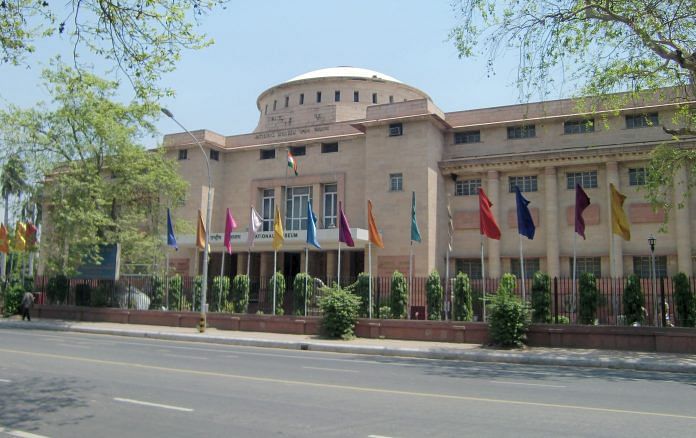The Modi government has begun to overturn the ambitious search-cum-selection process for chiefs of cultural institutions brought in by the UPA, and replace it with the usual government appointment system.
The Manmohan Singh government’s ambitious idea to draw talented professionals as chiefs for key cultural institutions through a search-cum-selection process, has suffered a policy reversal. The Modi government has begun to overturn the search-cum-selection process and replace it with the usual government appointment system for cultural institutions.
While it had last year scrapped a long drawn search-cum-selection procedure to appoint a new director general for the National Archives of India, it has now decided to do away with the search process for the Archaeological Survey of India as well, ThePrint has learnt.
The Department of Personnel & Training, it is learnt, has communicated the same to the Ministry of Culture. In a communication dated 12 May, it has been informed that the Appointments Committee of the Cabinet headed by the Prime Minister has decided that the new Director General of ASI should be appointed through the Central Staffing Scheme and an Additional Secretary or Secretary equivalent level official be brought in to head the organisation.
The ACC had recently declined an extension for the outgoing ASI DG – Rakesh Tewari – as proposed by the Culture ministry.
The search-cum-selection mode had been followed by this government for appointing heads at the National Museum and the Nehru Memorial Museum & Library. It is, however, now being given up by the Modi government as it was getting increasingly entangled in litigation, and was also quite a long drawn out affair. For instance, Rakesh Tewari’s appointment as ASI DG took nearly a year despite his selection as other contenders went to court over it.
However, the downside is that this will close the doors on the possibility of attracting artists and professionals to helm India’s premier cultural institutes – many believe that these are on a serious decline and considerable effort is needed to revive them.
In 2009, the then prime minister Manmohan Singh had announced a policy change for appointment of heads of as many as eight major cultural institutions – ASI, National Archives of India, Anthropological Survey of India, National Museum, National Library (Kolkata), National Gallery of Modern Art, Central Reference Library (Kolkata), and National Research Laboratory for Conservation of Cultural Property. It was decided that they were to be appointed by a search-cum-selection method.
It was argued then that a search-cum-selection process would help move from a qualification-based selection to an achievement-oriented selection, and help attract the best talent in the relevant field by offering suitable incentives such as market-based remuneration and long contract-based stints in office.
It was also expected that the new procedure would help draw a new pool of talent as many eligible candidates often did not respond to the UPSC advertisements. A search-cum-selection committee instead would be able to invite people to apply.
Following this policy change by the UPA, reputed archaeologist Dr. Gautam Sengupta was selected to head the ASI, and noted historian Mushirul Hasan was appointed the director general of the National Archives.
Even the UPA government had later faced hiccups with the search-cum-selection process. For example, an eminent professional shortlisted for the top job at the National Museum once demanded that she be given the same remuneration as she had been drawing while on a foreign assignment – a demand which the Centre was unable to accept.



